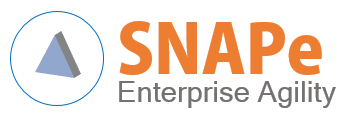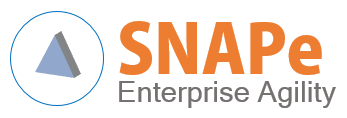Information
Content published on this website is property of SNAPe Agile Framework.
You can make a copy for personal use, providing you add a link to this website. If you want to use the content for commercial use, please read the TOS and contact us.

